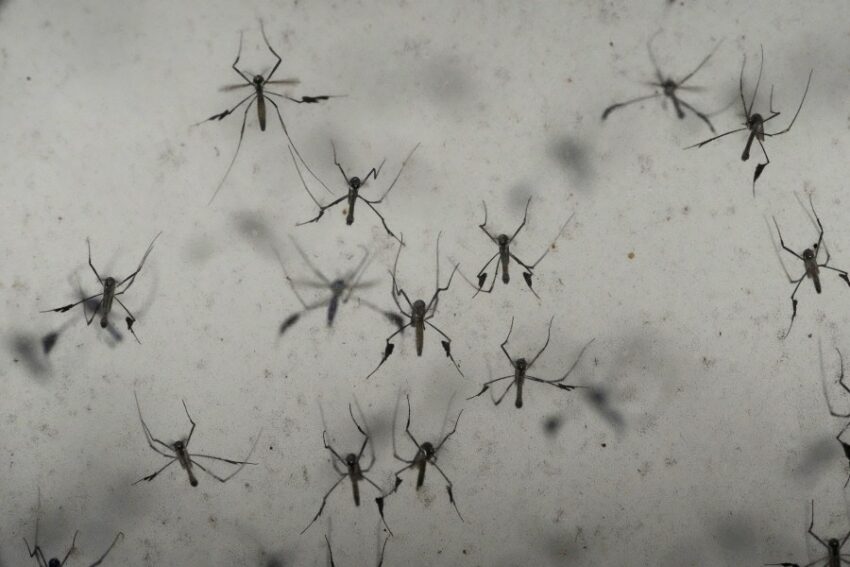EL PASO, Texas (KTSM) — The City of El Paso Department of Public Health (DPH) has confirmed its fifth case of the Neuroinvasive West Nile Virus (WNV) disease in the community.
A man in his 80s is confirmed to have contracted the WNV and developed Neuroinvasive disease, according to a news release sent out by the City on Monday, Oct. 16.
The patient has several underlying health conditions and is currently recovering in the hospital, according to the news release.
“As long as we still have mosquitoes biting in El Paso, the threat of Neuroinvasive West Nile Virus continues to be present,” said City-County Health Authority Dr. Hector Ocaranza. “Although for most people a mosquito bite is just a nuisance, for others it can be very serious as in our last two cases; particularly for those with medical conditions that impair their immune system’s ability to fight infection.”
El Pasoans can help “fight the bite” by following these 4 easy prevention steps often called the Four D’s:
DEET: Use insect repellents that contain DEET when outdoors.
DRESS: Wear long sleeves, long pants, and socks when outdoors.
DUSK & DAWN: Although mosquitoes associated with WNV can be active throughout the day, residents should take extra care during peak mosquito biting hours (from dusk to dawn) or consider avoiding outdoor activities during these times.
DRAIN: Drain standing water from flowerpots, gutters, buckets, pool covers, pet water dishes, and birdbaths. After rains or lawn watering, residents should “tip and toss” any standing water they find outside.
Symptoms of West Nile infection include fever, headache, tiredness, body aches, nausea, vomiting and swollen lymph glands. Eight out of 10 people infected with the WNV will not develop symptoms. However, 1 in 5 people who are infected develop West Nile fever, an illness that includes a fever and other symptoms such as body aches, joint pain, headache, or a rash. About 1 out of 150 infected people develop severe illness affecting the central nervous system and about 1 out of 10 cases of severe illness are fatal.
Residents can report standing water and mosquito breeding by calling (915) 212-6000.
For more information and tips visit EPHealth.com under the Emergency Preparedness Be Climate Ready tab.
Read: Read More




